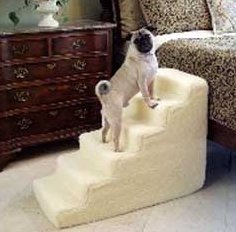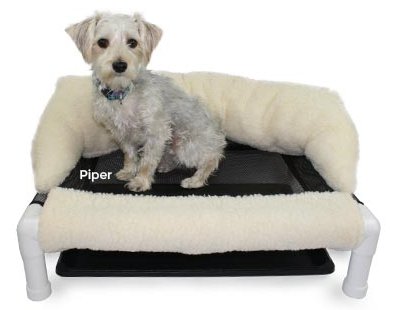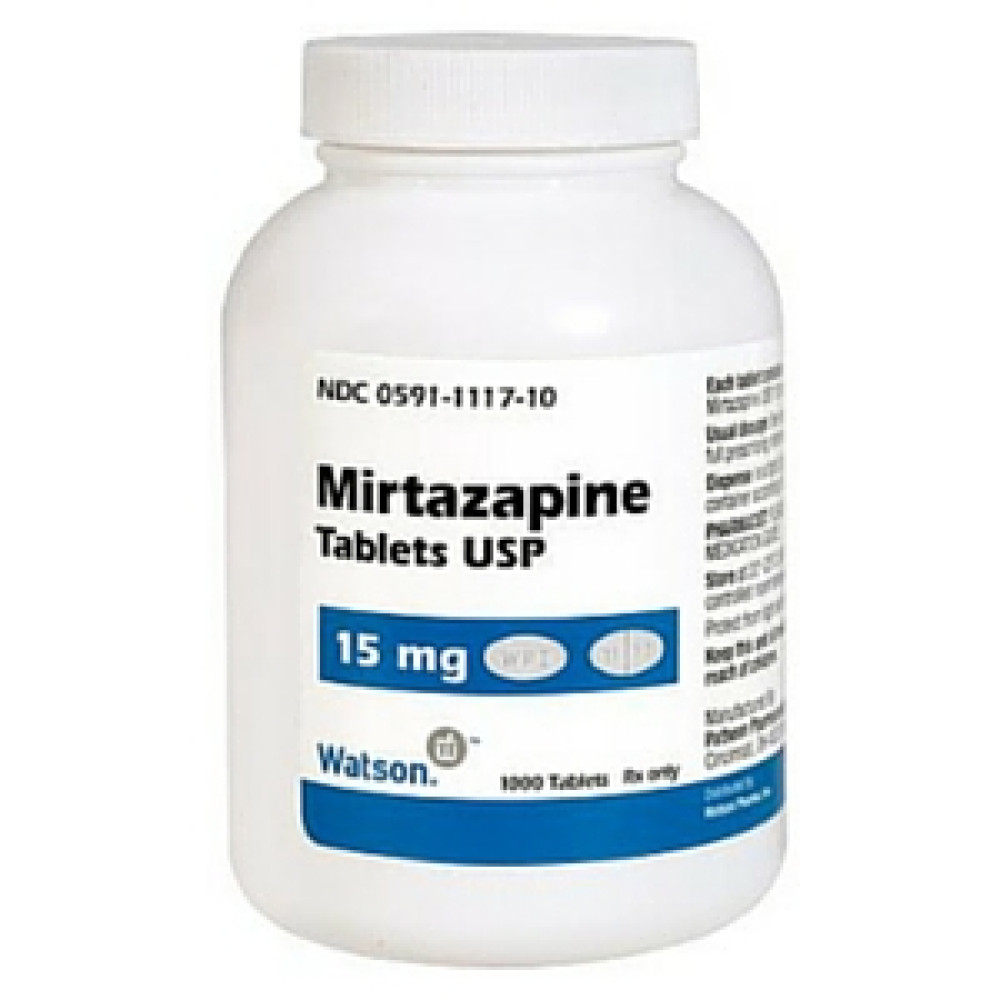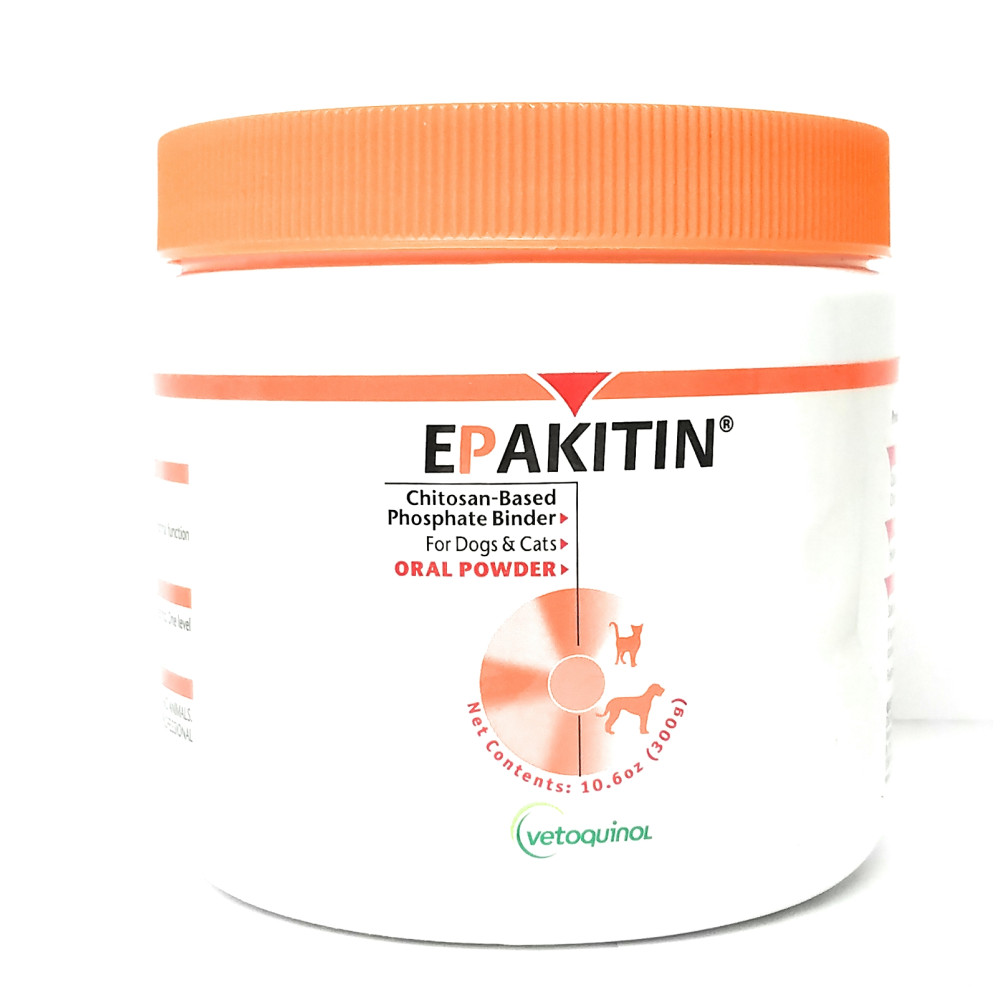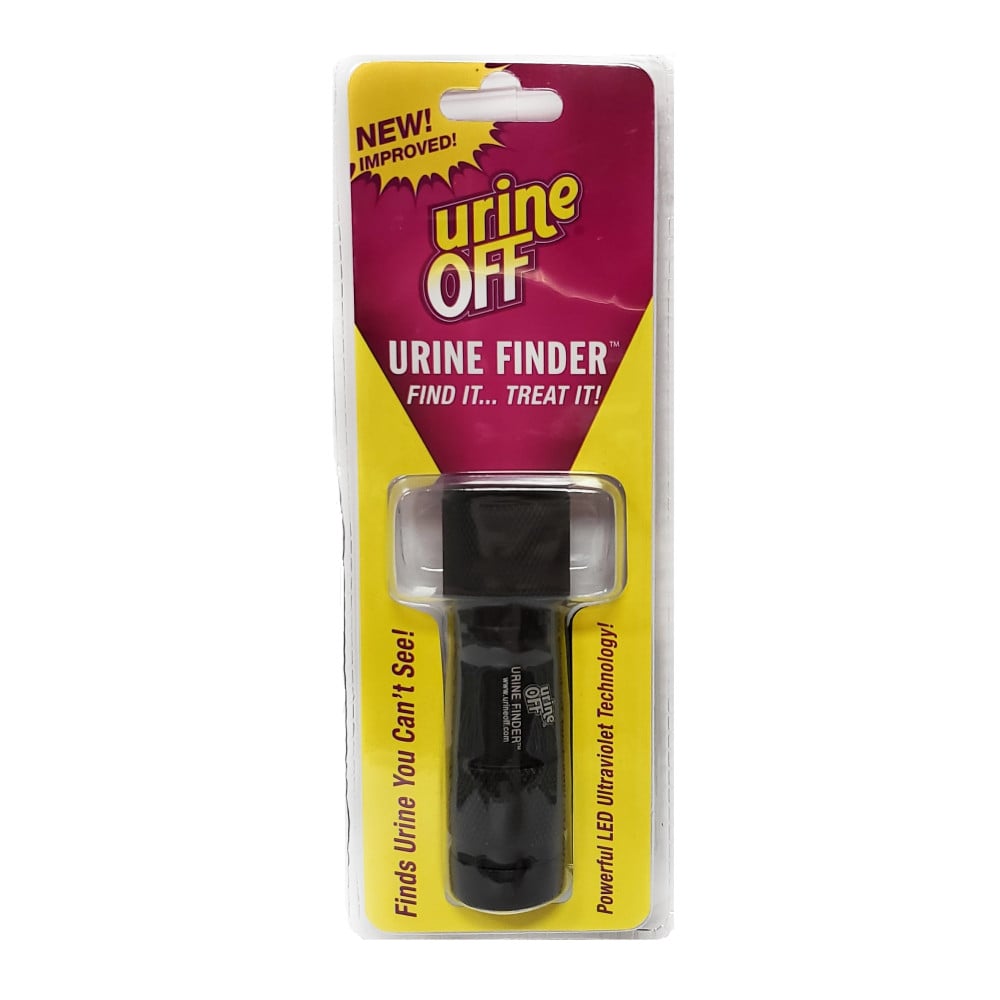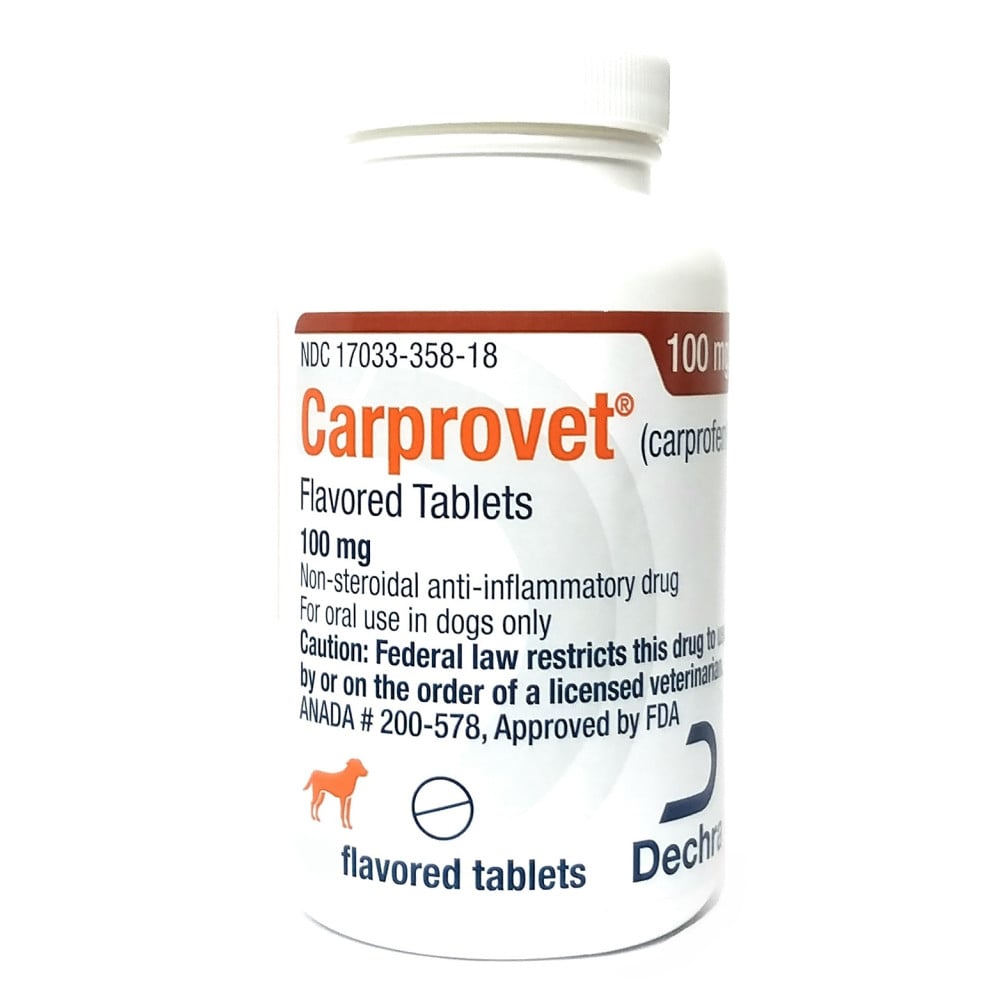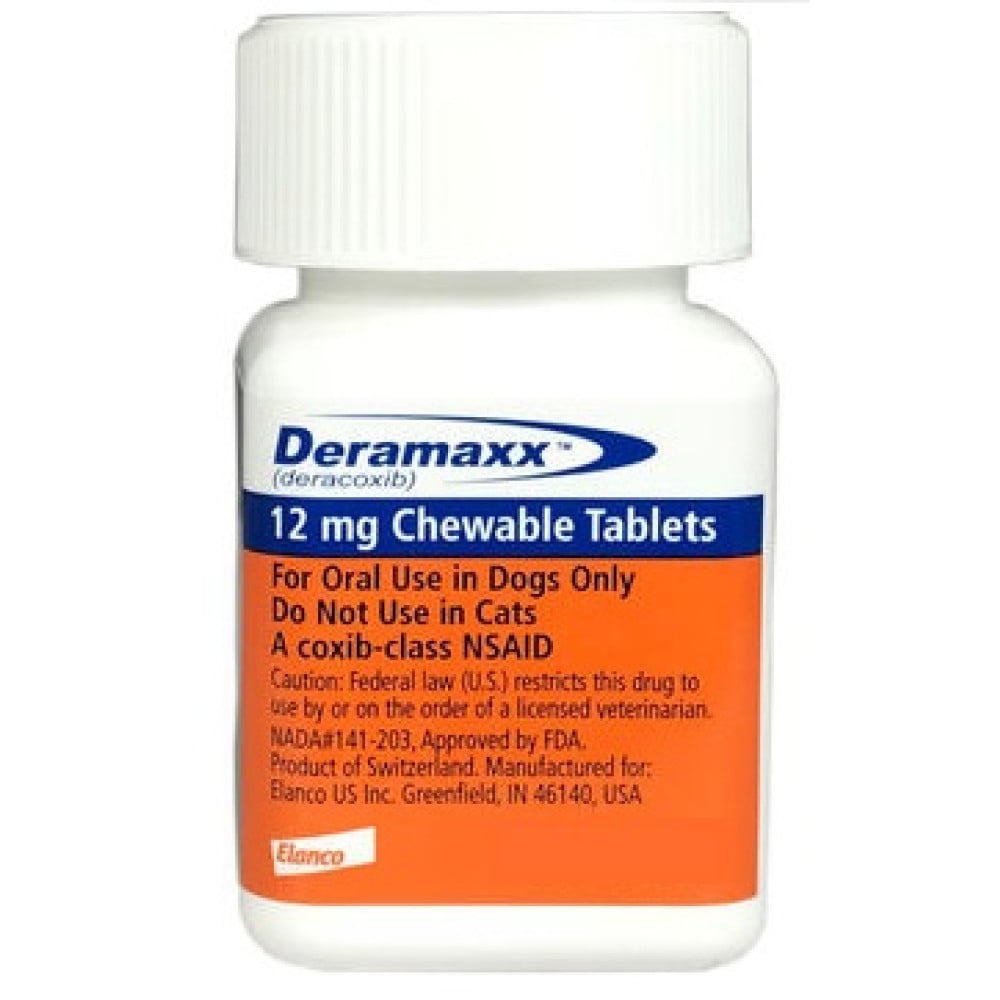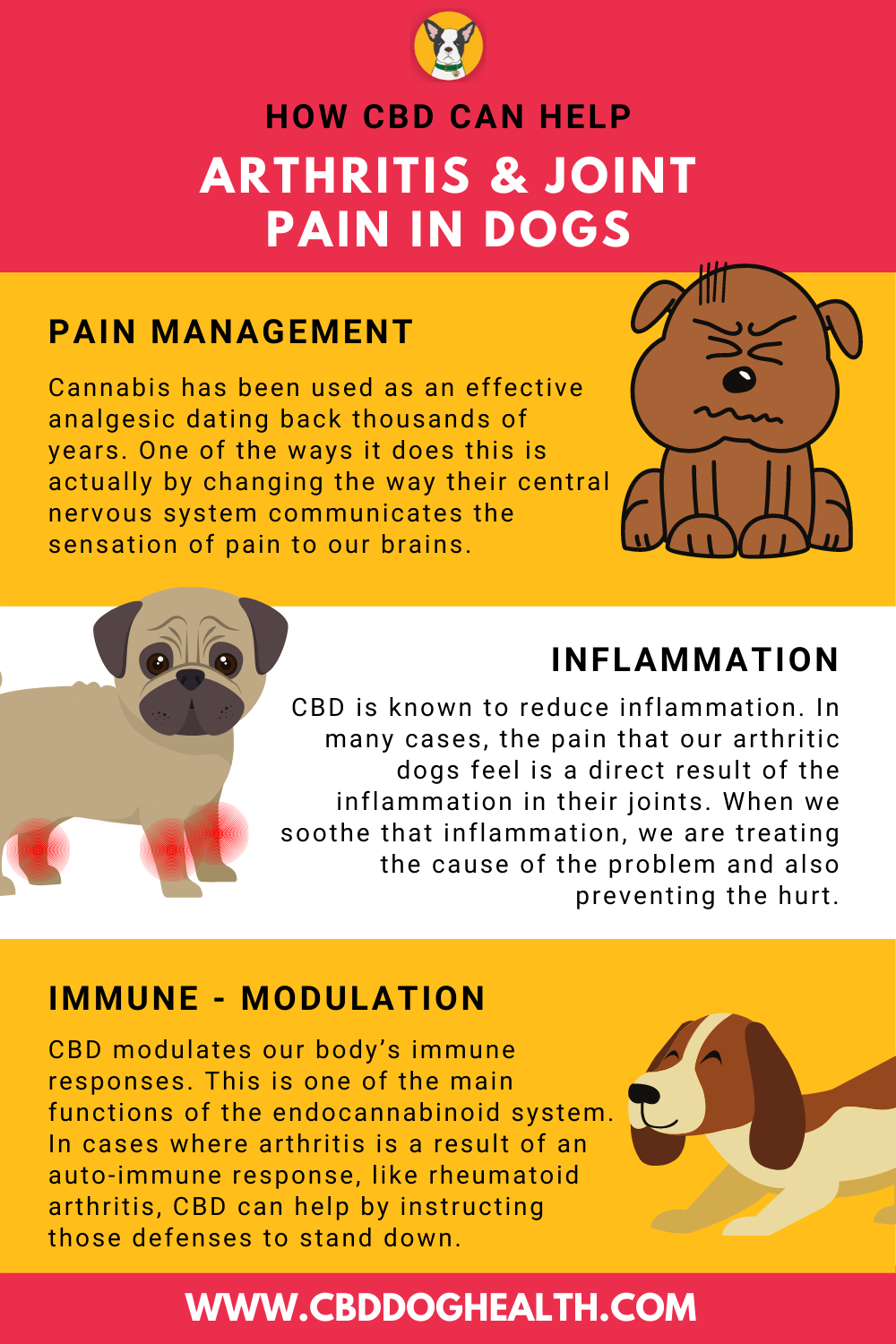Geriatric Dogs
Give me an old dog any day - they are the best. They are usually calmer, know the rules, walk with you nicely, don't get into trouble and appreciate you as much as you appreciate them. They can also be demanding and ornery - but so can people - but at least they can't talk behind your back and aren't going to complain to everyone they meet. Old dogs are great because they have come to fit into your household, and deserve your respect and love.
There is a lot that is unique about health care for old dogs. Geriatric medicine is new to veterinary specialties. Often all old dogs need is support, love and comfort. Veterinary medicine has come a long way from years ago, but the challenge is to know when to say STOP, and just let the dog live out it's years without interference and unnecessary stress and pain from too many tests, too many medicines and the poking and prodding they entail. There are, however, aging factors that can be anticipated and cured (or at least improved). Some things are just facts - smaller breeds live longer -obese pets have shorter life spans - "outdoor" animals have a shorter life expectancy - neutered animals live longer. Those are facts. You can't change facts.
Most agree, aging is a deterioration of our genes. All those gamma rays from space mutate the DNA and eventually cause it to fail. Cells don't reproduce, cancers get out of control and immune systems fail. One of the most important ways you can help your geriatric dog is to feed him a quality food and NOT GET HIM FAT. It depresses me to see an old dog that is huge like a sausage - that can barely walk - waddling around. It's owner has just removed a couple of years from that dog's life for overfeeding him. It takes it's toll on his heart, his joints, his ability to enjoy his last years. The owner, meanwhile, thinks they are are giving him a good life providing tons of favorite treats and hours of lying on the couch. It couldn't be farther from the truth.
Chronic vs. Acute Problems - Managing Symptoms
Most medical problems involving older dogs are chronic rather than acute. Chronic diseases require lifelong treatment with intermittent patient monitoring and modification of the treatment regimen as conditions change. The common characteristic of all aging systems is progressive and irreversible change, which may be hastened by disease, stress, malnutrition, lack of exercise, genetics and environment. Elderly animals rarely have just one disease, but instead have a unique combination of multiple organ diseases. Treatment of hidden disease before it becomes apparent can add years of life to the old dog. If something doesn't seem right, get it checked out before it does irreversible damage. An example is a friend had a dog they allowed to double it's weight - they thought they were spoiling it and it had a good life. Dieting didn't seem to help, but they didn't check it out. However, the dog eventually developed diabetes and went partially blind. Then they found the underlying reason - thyroid dysfunction. Had that been treated initially the dog would have lost weight, would probably not developed diabetes and surely wouldn't have gone blind - all for a very inexpensive prescription given once a day. Instead they incurred thousands in medical bills treating the diabetes and blindness - eventually putting the dog down long before they should have had to. Lesson learned.
There is much out there to make your geriatric pet comfortable - orthopedic beds being one of the most popular. It is a good investment as it can prevent pressure sores. If your elderly dog has lost some mobility a sling can be very helpful. A wheelchair on the other hand, may not be as older dogs are less likely to take to a contraption when they'd rather you be the mobility device! Of course every dog is an individual, but elder dogs seem to be happier with dog mobility equipment that gives them the security of you near them such as harness for lifting.
There are specific ways to combat the effects of aging. As the skin loses elasticity, hair is lost and normal oil secretions become waxy; the resultant hair coat may be dry, dull and lusterless. Get a thyroid checkup and then if that isn't it - use external applications of oil-free moisturizers or oil-based coat conditioners to help. Avoid over bathing with harsh shampoos which may aggravate a dry coat. To prevent the skin from freezing, buy a sweater and use it. Dogs lose large amounts of skin moisture in cold weather, especially Dobermans with no undercoat. Buy a sweater or coat and use it regularly on the old dog if the wind chill is below freezing. Or let your old friend wear one of your sweatshirts when it's chilly. They'll love it and feel so special you shared. As the dog ages, its skin loses elasticity and that combined with a loss of muscle mass may result in bed sores, or pressure point calluses which can become infected. Provide thick soft bedding and rubber mats to help cushion the dog who is losing his or her natural padding.
Proper dental hygiene includes brushing a dog's teeth at least twice a week and routine dental prophylaxis. Chronically infected teeth cause pain and bad breath as well as a constant source of bacteria in the blood stream with a chronic assault on internal organs. On the other hand, dogs have much cleaner mouths than we do. A dog with a broken tooth may need dental care, on the other hand, he may be just fine for years with no ill affects. It's suggested you get your vet's opinion - root canals for dogs are expensive and often unnecessary. However, should the tooth become infected, this may cause life-shortening kidney and liver disease. Regular dentistry is a vital part of geriatric health and can add years to your old dog's life.
The function of the esophagus is decreased by loss of nerve cells that can result in chronic inflammation of the stomach lining and heartburn. Gagging is common - it sounds like the dog is going to throw up, but he doesn't.. Medications are available to facilitate esophageal function, and feeding a moist diet often helps. As liver, pancreatic, and intestinal function diminish, absorption of food decreases. Motility in the colon may decrease resulting in constipation. Metamucil works for people and it works for dogs too as a source of fiber. Senior diets are often helpful because they are lower in protein which is hard on the kidneys in old dogs.
Heart Disease in Dogs
Many old dogs, just like people, develop heart disease in their old age. Cardiac output decreases 30% in the last one-third of life. Congestive heart failure develops as a result of chronic valve disease or cardiomyopathy. There are many drugs and drug combinations used to treat heart disease, but be careful. Some are eliminated from the body by the kidneys while others are removed by the liver and the geriatric dog probably has some sort of progressive liver and/or kidney disease as well as heart disease. Ongoing reassessment of kidney and liver function are a necessary part of heart treatment. There are drugs that control blood pressure, strengthen heart muscle contractions, prevent irregular heartbeats, dilate air passages in the lungs, and remove excess fluid available for dogs. A dog with heart problems should be allowed free exercise so long as heavy breathing, weakness, coughing, fainting, or fatigue do not occur. Extremes of temperatures -- extremely cold or very hot and humid conditions -are hard on a hecompromised dog. This is an ideal time to bring an outdoor inside. It will be easier on him in his few remaining years.
Urinary Incontinence
Urinary incontinence is a common geriatric disorder that can be caused by urethral malfunction, urinary tract infection, and diseases that cause increased water intake, like kidney disease or diabetes. Hormonal dysfunction, kidney stones and bladder tumors may complicate the condition. Absorbent padding used in human hospitals and nursing homes and extra soft padding or a diaper will keep the old incontinent dog dry, more comfortable, and prevent bed sores.
Pneumonia and Inections
Old dogs are more susceptible to infection (pneumonia) and obstructive diseases like chronic bronchitis, asthma, and emphysema. The cough reflex is weakened and lung volume decreases. Respiratory disease symptoms are similar to heart disease. Air-borne allergies are rare in dogs, but polluted air and sudden changes in temperature can aggravate old dogs just like people.
Kidney Function in Old Dogs
A gradual decline in kidney function is a normal part of aging and is one of the main causes of death in old dogs. Progressive renal failure can be slowed with the use of diets containing low amounts of protein and reduced salt and phosphorus, but there must be adequate amounts of fat and carbohydrate to meet daily caloric needs. Senior foods are helpful. When urine by-products build up in the blood stream, as a result of loss of kidney function, uremia and anemia will develop. Drugs that prevent high blood pressure, low blood calcium, and vitamin deficiencies help. An old dog should always have adequate amounts of water available 24/7.
Geriatric Pet Hormone Problems
A significant decrease in the secretion of hormones by the thyroid, testes and ovaries (if still intact), and pituitary gland are common in older dogs. The adrenal glands may over secrete, resulting in Cushing's disease (another cause of increased water consumption, like kidney disease and diabetes) or under secrete resulting in Addison's disease. Mammary glands may become cystic or develop cancer, particularly in dogs that are not spayed. Mammary tumors make up 25% of all cancers in the bitch. Spaying before the first heat eliminates almost all mammary tumors, but this beneficial effect is lost if the spay is done after 2½ years of age.
Prostate diseases, including hyperplasia, cancer, cysts, and infection are the most common genital disorders of aged dogs. The best treatment for prostate disease is neutering and this will alleviate the problem most of the time. Chronic prostatic infection can eventually cause blood poisoning. It's sad that many older dogs meet an early and untimely death because their owners refuse to castrate or spay them.
As a dog ages, it loses muscle mass and bone mass, and is usually less active. Reduced oxygen supply due to circulatory changes and decreased use of oxygen by the muscles takes it's toll. Other things that affect the health of old dogs are the absorption of calcium is decreased resulting in thinner, more brittle bones, cartilage becomes less well lubricated, arthritic areas develop in the back and joints. Degenerative joint disease (DJD) occurs, resulting microscopic fractures in the joints and thickened joint fluid. Obesity compounds the effects of arthritis - our sausage dog is more likely to have all these problems than a lean dog. New drugs are being used in the treatment of the arthritic dog, such as Rimadyl. I've seen it's dramatic results firsthand. Aspirin can be used short-term, but ibuprofen and acetaminophen should not be used, as the therapeutic dose is very close to the toxic dose in dogs. This is particularly important in the aged where normal excretion of medication may be slowed by compromised liver and kidneys.
Make your old dog more comfortable. Block drafts near his bed, put rubber backed rugs on slippery floors, and give him a nice soft bed. If he has difficulty hearing or seeing, use hand signals or sounds to give him ques as to what you want. He will be confused at times, so you need to be more patient. Confusion can be from not hearing well, not seeing well or actual dementia.
Yes, dogs can get senile too. We aren't sure if it's actually Alzheimer, but they can and do forget house training, have disturbance of the sleep/wake cycle; lose interest in eating; be inattentive to surroundings, and not recognize familiar people and places, or to respond to familiar commands. Tremors result from impairment of brain function. Treatment of senility and cognitive dysfunction in the dog has not come very far yet. If your dog appears to have neurological symptoms, you may want to find a specialist or visit a veterinary school with that specialty as most vets are ill equipped to deal with neurological symptoms. Geriatric dogs are often more sensitive to anesthesia. Except in the case of unexpected emergencies, physical exam is advisable to fully assess the risks prior to general sedation, especially if you suspect some underlying problem. Also some breeds such as the Collie and Greyhound are more sensitive to anesthesia overall - better to be safe than sorry.
The Final Difficult Decision
Too many dogs have been put to sleep before their time because owners don't have the time or the will to care for them. The main excuse is "I don't want him or her to lose their dignity." Dogs don't lose dignity - they will gladly accept your help. We had an old guy who was very stubborn and aggressive - but in old age gladly accepted our assistance to "walk" outside when he would have never tolerated it as a youngster. Old dogs know they are old. They know their limitations and are ok with them. WE are the ones with the dignity loss. It's just not as "cool" to have an old dog that smells funny as it is to have a cute puppy. Old dogs thrive on being pampered, helped up and down the stairs, and up on the bed. They don't object to being let outdoors more frequently, fed more often and given medication on a regular basis. They will tell you when they are suffering enough it's not worth going on. You'll know. Unfortunately, "loss of dignity" becomes a euphemism for "I don't want to bother any more".
There is no correct time to euthanize. It will always be a gut-wrenching decision. You can't ask others for help with this as they are not close to the situation. You need to ask "is my dog still enjoying life" or "not". That's all there is to it. If you are trying everything, and the dog is suffering, he knows it is time. Dogs are not afraid of death in the same sense we are. They may not want to relinquish control, but death is just a part of life and they understand they are part of a bigger picture.
No one likes to think about growing old -- ourselves or our dogs. Gain support from to your dog-loving friends who have had old dogs. The best medicine is often love and support for "where they are" at the moment. If you take it a day at a time, you can do much more than you thought you could for your old friend.

